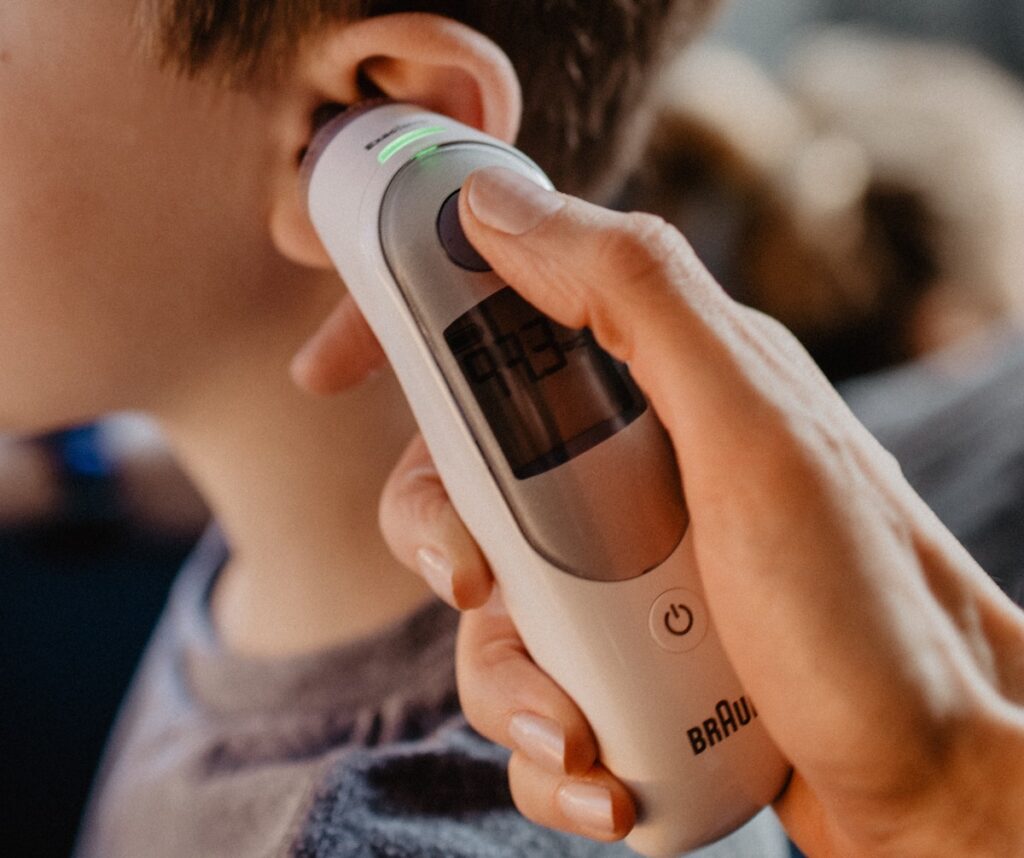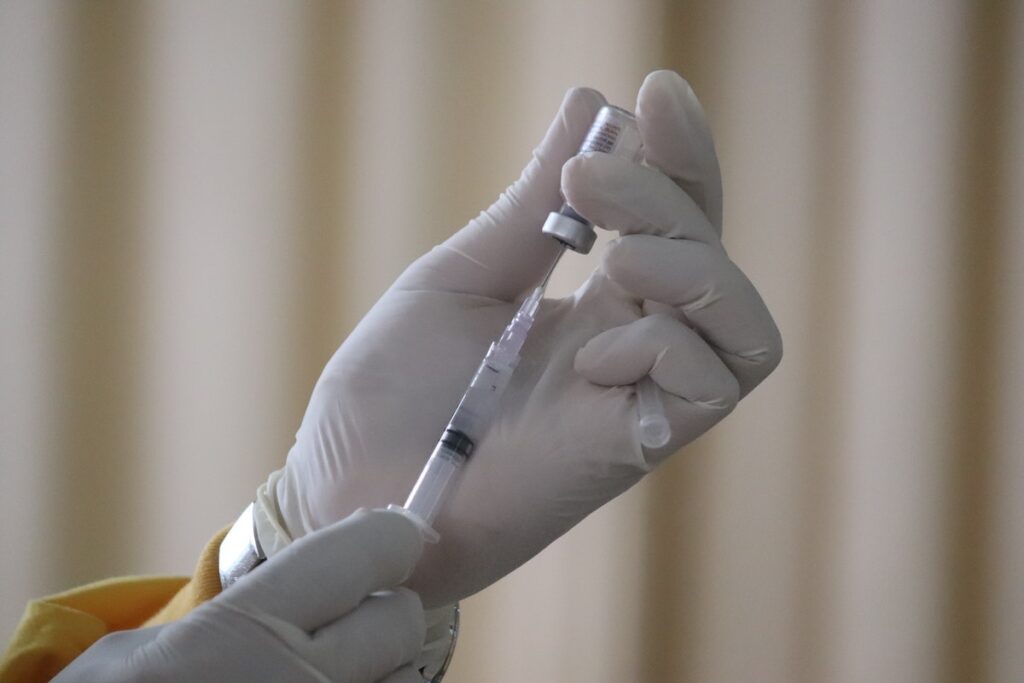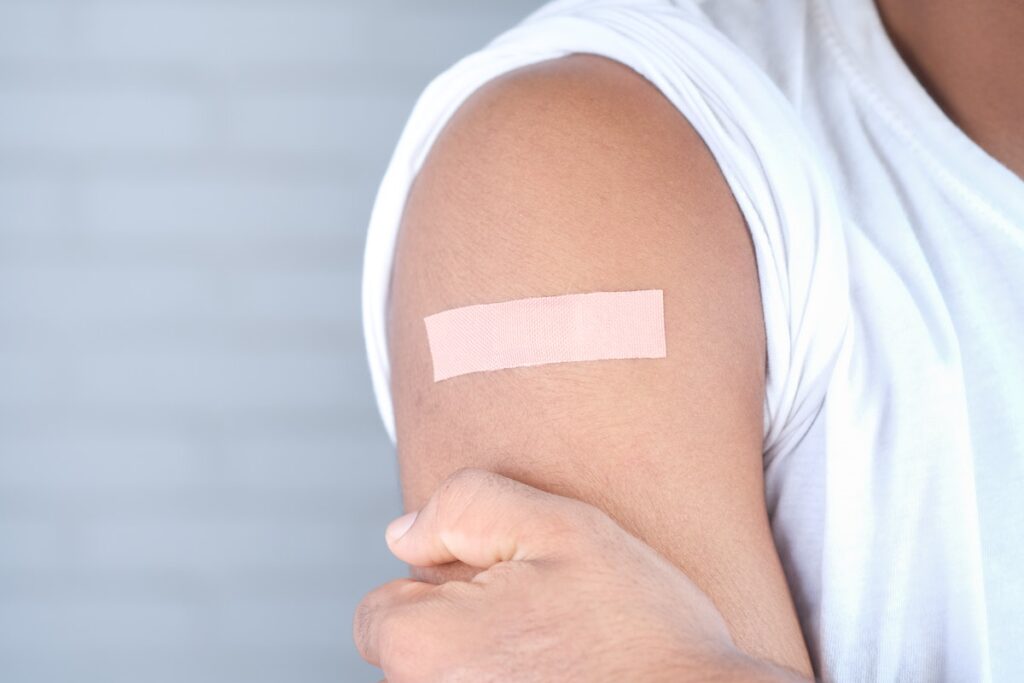Spruce
Age 11+
We help tweens and teens find balance and build a healthy foundation for adulthood.
We look forward to seeing adolescents annually for a wellness visit as they conquer the teen years! This phase of life will be full of physical, emotional, and social changes. Castle Pines Pediatrics is here to help guide adolescents as they take a more active role in their health and learn to guard against health-damaging behaviors.
What to expect at a visit
Yearly well visits are recommended for all adolescents ages 11-18. We strive to promote wellness by detecting conditions that could affect physical, mental, or social development. We also lay the foundation for lifelong wellness by emphasizing healthy habits including:
- Reducing stress
- Optimizing sleep
- Managing nutrition
- Prioritizing regular exercise
- Avoiding substance abuse
- Cultivating healthy sexuality
- Fostering a sense of purpose within one’s family and community
A comprehensive well exam includes:
- A physical exam
- Recommended immunizations
- Health screening
- Psychological/behavioral assessment
- Oral health assessment
- Referral for specialized care if necessary
Visit and immunization Schedule
Castle Pines Pediatrics believes that vaccines play a vital role in protecting your child’s health. Patients in our practice agree to follow the CDC and AAP guidelines for childhood immunizations.
Tdap, Menactra (MCV4)
Gardasil (HPV)
Gardasil (HPV)
No routine vaccines if the child is up-to-date
No routine vaccines if the child is up-to-date
Menactra (MCV4)
Trumemba (Men B)
Trumemba (Men B)
Young Women’s Care
We believe that when young women are educated about normal female sexual and reproductive health, they are better able to recognize and advocate for their own health needs. We provide age-appropriate evaluation and treatment of sexual and reproductive health needs for young women that include:
- Diagnosis and treatment of painful or irregular menses
- Contraceptive services (oral contraceptive pills, transdermal patch, vaginal ring)
- Specialist resources and referrals when indicated
- Confidential consults
Frequently asked questions
Digital media, when used thoughtfully and in moderation, can be a tool for teens to engage with their peers and build a supportive community around shared hobbies and interests. We need to actively engage with our adolescents about safe and acceptable digital citizenship which includes setting clear boundaries, limits, and expectations. Screen time does not need to equal alone time: co-view and co-play with your teenagers when it comes to apps, video games, and social media sites so you are knowledgeable about their online friends and experiences. Consider creating your family’s unique Media Use Plan through the following AAP resource: HealthyChildren.org/MediaUsePlan.
Adolescents experience a later melatonin (sleep hormone) surge compared to younger children and adults so they naturally want to fall asleep later and, consequently, sleep later into the next day. Engaging in daily physical activity, learning stress reduction techniques, and avoiding screens for 2 hours before bedtime can all help to develop healthy sleep hygiene. Lastly, keep bedrooms screen-free.
Studies have shown that adolescents vaccinated against HPV or utilizing hormone therapy (“birth control”) for the treatment of medical disorders do not start having sex at an earlier age than their unvaccinated or unmedicated peers; nor do they have increased frequency of intercourse or a greater number of sexual partners. HPV is spread through intimate skin to skin contact, not only sex, which is why this vaccine is most protective when given early. The HPV vaccine protects against genital warts and cancers of the mouth, throat, anus and genitals (cervix and vulva in females, penis in males). Hormone therapies can be instrumental in normalizing painful, irregular, or excessively heavy menstrual cycles that inhibit a young woman from fully engaging in school, sports, or other activities and can reduce the negative psychosocial impact of hormonal acne.
Once a female has started menstruating, she can use hormonal contraception. It is safe to use a hormonal method continuously and “skip” periods without affecting future fertility. There is no medical need to bleed every month, and studies have not shown any significant negative health effects from eliminating periods. Of note, the potential side effects of hormonal contraception are generally less than or equal to the potential side effects of pregnancy.
The current recommendation is for a female to have her first Pap smear at age 21. For healthy, asymptomatic patients younger than 21, there is no need for routine internal examination.
Finding your way as a parent
Our blog combines our medical expertise with our personal experience as moms to help others on their parenting journey.


